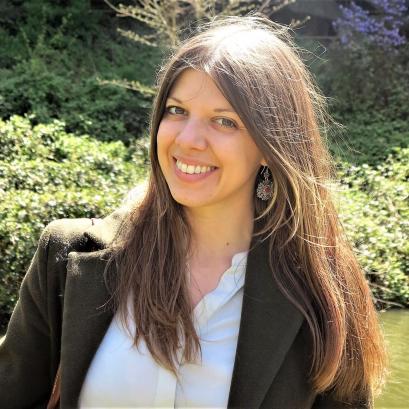
On 12 June 2023, EUTOPIA PhD co-tutelle fellow Alessandra Calvi (d.pia.lab, LSTS, VUB; lab. ETIS UMR 8051, CYU) presented a paper entitled “Enhancing AI fairness through impact assessment in the European Union: a legal and computer science perspective” co-authored with Prof. Dimitris Kotzinos (lab. ETIS UMR 8051, CYU) at the 2023 ACM Conference on Fairness, Accountability, and Transparency (ACM FAccT).
Fairness is an elusive concept and, depending on the domain, a multitude of definitions and understandings thereof exists. This could result in algorithmic harm when too narrow (e.g., equating fairness to non-discrimination) or formalistic approaches thereto (e.g., fairness metrics) are applied, ignoring the broader societal context in which technology is developed and deployed. Arguably, through algorithmic impact assessments, fairness could be contextualised, and the multiple definitions thereto reconciled. Yet, these instruments being relatively new and not legally binding in the European Union, we reflected upon the roles of the Data Protection Impact Assessment under the General Data Protection Regulation, the risk assessment under the Digital Services Act and the Conformity Assessment under the Artificial Intelligence Regulation proposal in addressing the societal challenges raised by AI.
A link to the full paper is here and to the presentation is here.
The work provides a unique interdisciplinary perspective as it aims at building bridges between various research areas to suggest a more holistic view of what fairness means and how it may be accounted for in AI-related impact assessments. Furthermore, it suggests how to classify fairness metrics under the General Data Protection Regulation, the Digital Services Act and the Artificial Intelligence Regulation proposal clarifying the interplay between regulations, AI and society.
For their work, the co-authors obtained a Best Paper Award. Best Paper Awards are presented at many ACM conferences to authors whose work represents ground-breaking research in their respective areas, suggesting theoretical and practical innovations that are likely to shape the future of computing.
